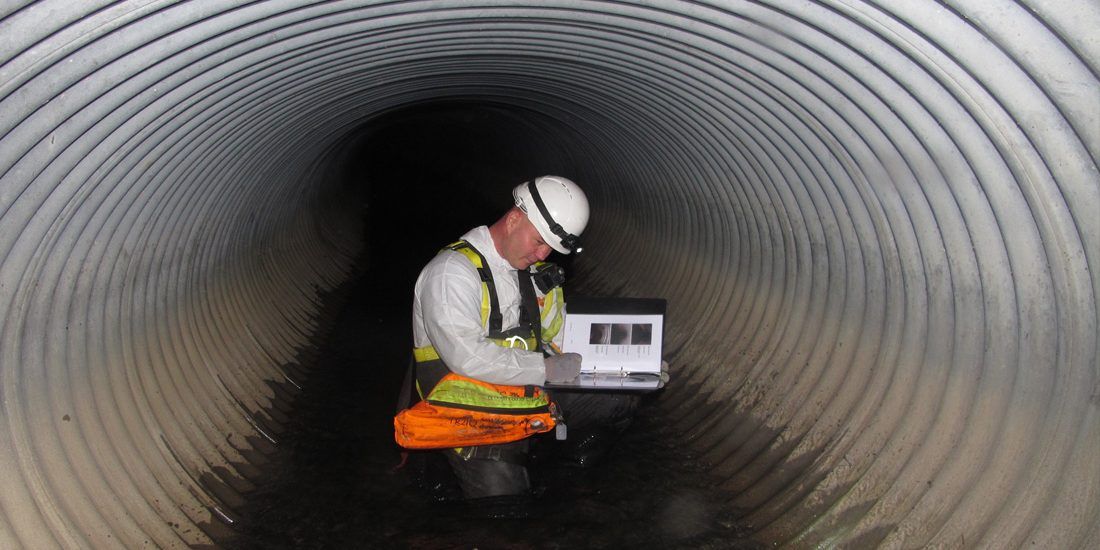Confined space deaths: what employers must know

The NSW Government is urging employers to do more to protect employees that work in confined spaces following several tragedies in 2018.
A number of fatalities last year are currently being investigated by SafeWork NSW. According to SafeWork NSW, risks in confined spaces include a lack of oxygen, explosions, airborne contaminants, flood waters, sewerage, smoke and dirt.
SafeWork investigations
SafeWork is currently investigating two deaths in confined spaces. In May, a 28-year-old man and a 35-year-old man died in an incident at a paper mill at Ettamogah. Initial inquiries indicate the men were working in the basement area of the mill when they were overcome by Hydrogen Sulphide gas and collapsed.
In August, a 58-year-old man died on a rural property near Dyraaba with initial inquiries indicating the man was repairing a damaged water tank on the property when he was overcome by fumes and was unable to be revived.
According to Minister for Better Regulation Matt Kean, businesses must include a stand-by person outside of the confined space, conduct atmospheric tests before a worker enters a confined space and ensure there is safety equipment at hand including a safety harness, lifting equipment and a lifeline rope.
“Small spaces like silos, chimneys, tunnels and tanks are not designed to be worked in regularly, but sometimes they need to be accessed for cleaning, maintenance or repairs,” Mr Kean said. “This can quickly become dangerous if oxygen levels deplete and air quality is polluted by chemicals or other fumes.”
Regulations in NSW
NSW’s Work Health and Safety Regulation 2017 covers regulations relating to confined spaces that are either designed to be entered or could be entered inadvertently.
An employer cannot direct a worker to enter confined space without a confined space entry permit. Permits must specify the space, the names of the people permitted to enter it and risk control measures. There must also be appropriate signage before operation commences.
While a worker is inside a confined space they must have continuous communication with a worker outside the space.
Anyone involved in the creation of a confined space (eg designer, contructor, supplier etc) has a duty to eliminate or minimise risk by either eliminating or minimising the need for a worker to enter the confined space. The confined space must also have a safe entry and exit.
Anyone conducting business has a responsibility to ensure no worker enters the confined space until the space meets these requirements. They must also ensure a risk assessment is conducted on the confined space. The risk assessment must be recorded in writing.
Originally posted on Workplace OHS
Contact Us
Zenergy News

Workers’ Compensation and Safety: How Integrated Roles Reduce Injury Costs and Downtime in Australia

Tel. No.
1300 333 400
Our Offices
Sydney
25 Brisbane Street
Surry Hills NSW 2010
Melbourne
Level 23, Tower 5
Collins Square
727 Collins Street
Melbourne VIC 3008
Brisbane
Level 54
111 Eagle Street
Brisbane QLD 4000
Perth
108 St Georges Terrace
Perth WA 6000
Services
Quick Links
About Us





